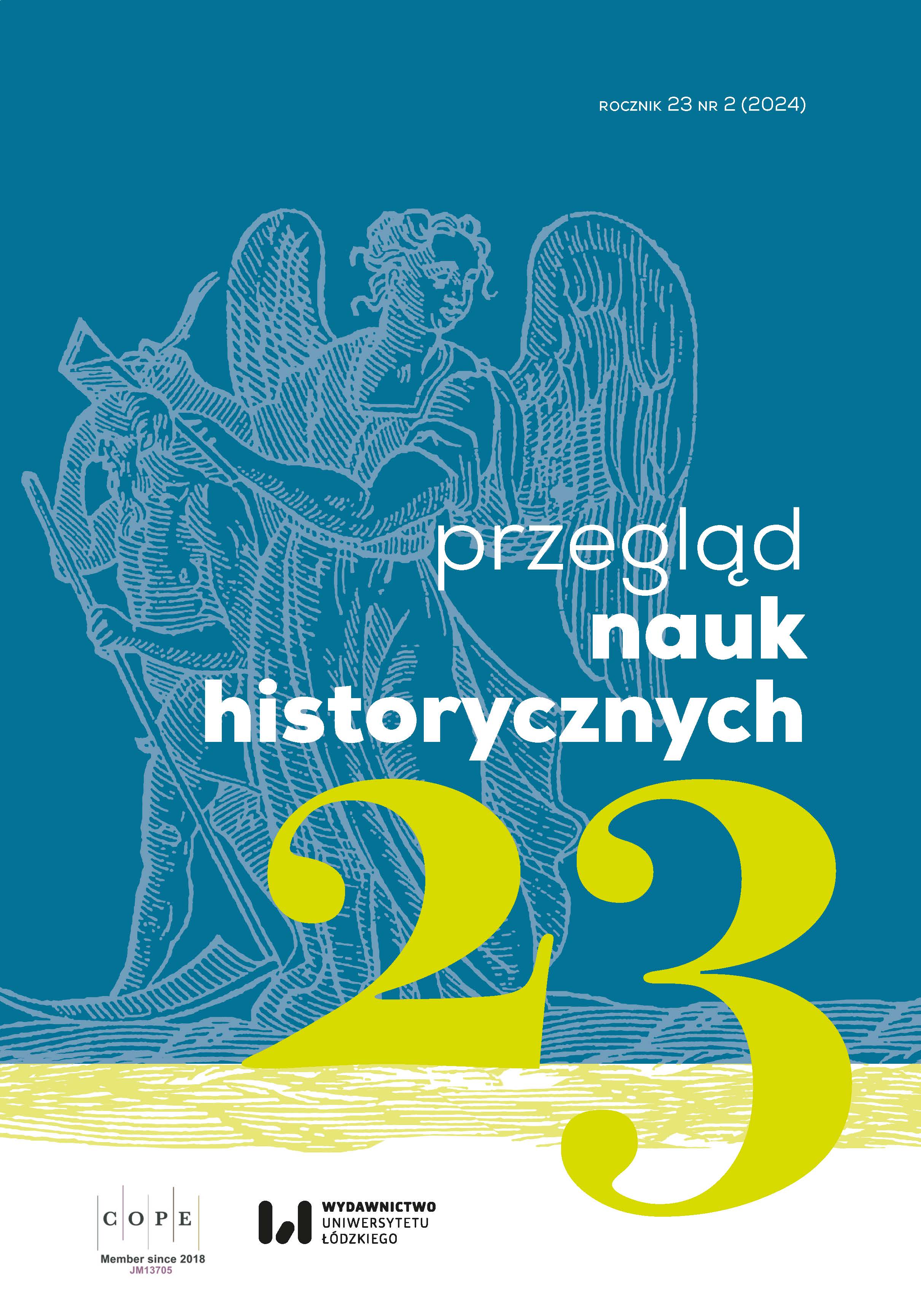Sejmik województwa łęczyckiego a obóz dworski króla Michała 1669–1673
The Łęczyca Province Sejmik (Assembly) and the Court Camp of King Michał Korybut Wiśniowiecki 1669–1673
Author(s): Zbigniew HundertSubject(s): History, Local History / Microhistory, Modern Age, 17th Century
Published by: Wydawnictwo Uniwersytetu Łódzkiego
Keywords: Łęczyca; Michał Korybut Wiśniowiecki; the Greater Poland Province; Royalists; Andrzej Olszowski; district troops provided by sejmiks; the Gołąb Confederation
Summary/Abstract: Members of the Łęczyca province nobility were politically active during the reign of Michał Korybut Wiśniowiecki. They sent their deputies to all six sejms held under this king. In general, in the years 1669–1673, the Łęczyca sejmik was represented at the sejms by 43 people, including 38 at the Election Sejm. Some of these deputies, such as Stefan Sarnowski, Chamberlain of Łęczyca, and Wawrzyniec Kossowski, Cupbearer of Łęczyca, were proactive parliamentarians with a strong pro-royal attitude. Senators from the Łęczyca province did not play such an important political role in the Polish-Lithuanian Commonwealth, but they faithfully protected royal majesty as local activists and as commanders of pospolite ruszenie (mass mobilisation). The nobility of Łęczyca formed local confederations in defense of the king twice: in 1670 and 1672, standing firmly against the activivities of the opposition. They were also one of the initiators of convening the so-called Equestrian Sejm and backed the Gołąb Confederation in 1672. Moreover, the Łęczyca nobility supported the main leaders of the court camp in the Crown, including Vice-Chancellor Andrzej Olszowski. In general, the attitude of the Łęczyca nobility towards King Michał and his political camp resulted, to a large extent, from their negative attitude towards foreigners, which according to them were supposedly personified by the pro-French opposition. The court camp of Michał Korybut Wiśniowiecki certainly did not have to worry about the results of the Łęczyca sejmiks. The royal entourage could only have doubts as to the effectiveness of their actions, an example of which was the unsuccessful auction of the district troops in 1671–1672, which was supposed to support the court in its struggles with the opposition and the external enemy.
Journal: Przegląd Nauk Historycznych
- Issue Year: 23/2024
- Issue No: 2
- Page Range: 65-97
- Page Count: 33
- Language: Polish

